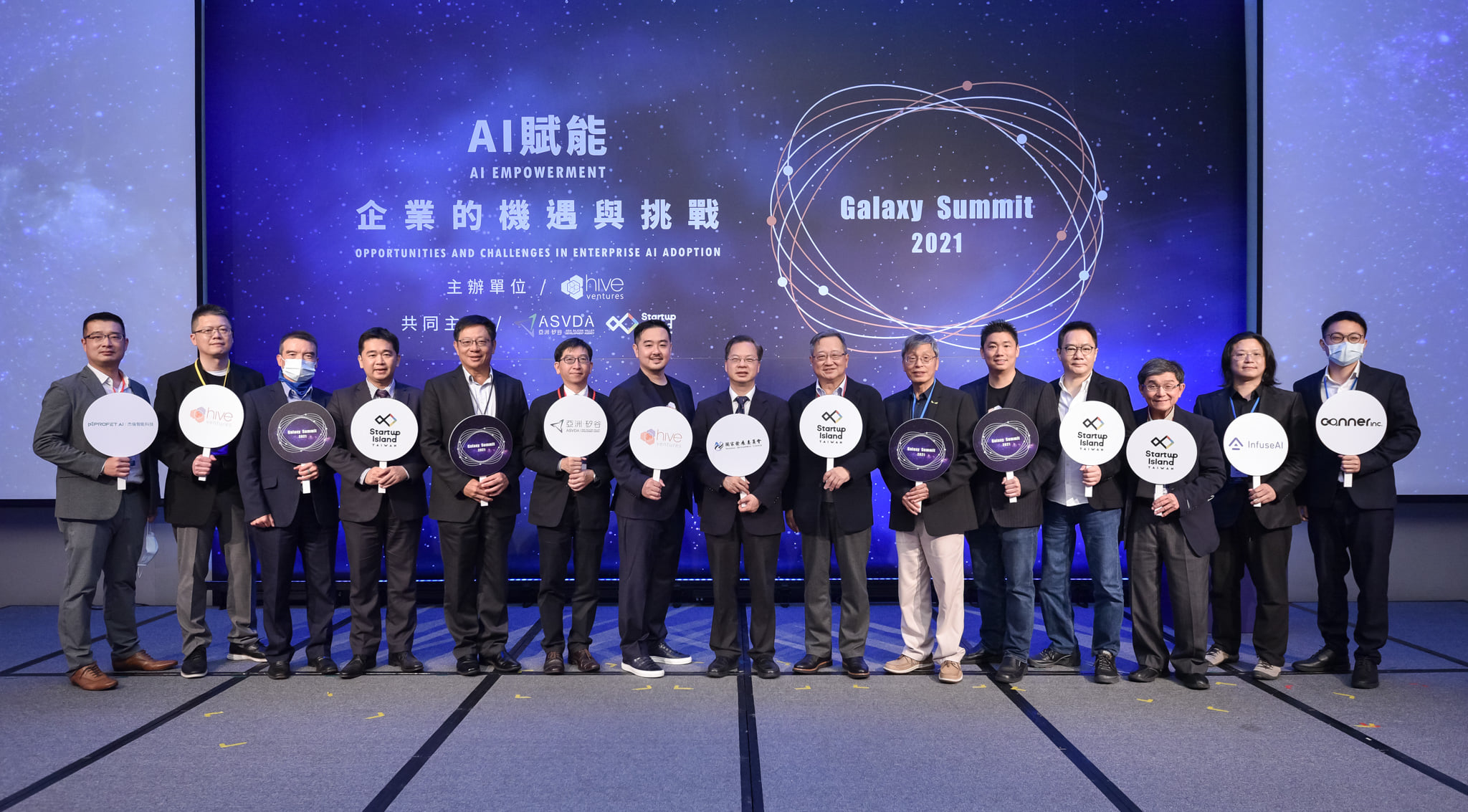Beyond the Hype: Practical AI Applications for Productivity

Artificial Intelligence (AI) has been the subject of tremendous excitement in recent years. From futuristic (and sometimes alarming) depictions of sentient robots to the promise of self-driving cars, it seems the capabilities of AI are only limited by our imagination. Yet, beyond the headlines, AI is already transforming the way businesses operate, offering tangible advantages to boost productivity and efficiency.
As a company manager in a medium to large-sized organization, it’s easy to get caught up in the hype or dismiss AI as a far-off concept. But cutting through the noise is essential to identify practical applications suitable for your company’s needs. In this article, we’ll focus on real-world AI solutions that can enhance your company’s productivity today.
Practical AI Solutions – Where to Begin
Let’s explore some key areas where AI can have a significant productivity impact:
- Streamlining Routine Tasks: AI excels at automating repetitive, mundane tasks, allowing employees to focus on more complex and strategic goals. Consider these applications:
- Data entry and processing: AI can quickly and accurately handle large volumes of data, from invoice processing to customer record updates.
- Email management: Intelligent email sorting and prioritization help ensure that vital messages get prompt attention, keeping inboxes organized.
- Meeting scheduling AI-powered virtual assistants can coordinate schedules, reducing the back-and-forth of finding suitable meeting times.
- Augmented Decision-Making: AI can uncover patterns and insights within vast datasets that might otherwise remain hidden. This information empowers managers to make more informed, data-driven decisions.
- Predictive analytics: AI models can forecast sales trends, inventory needs, and potential customer churn, aiding in proactive planning and strategic action.
- Anomaly detection: AI algorithms can spot unusual patterns in financial transactions or system logs, potentially signaling fraud or security vulnerabilities.
- Recommendation engines: In customer-facing roles, AI can analyze client data to suggest tailored products, services, or content, enhancing the customer experience.
- Enhanced Customer Service AI-powered tools are revolutionizing how businesses interact with customers:
- Chatbots and virtual assistants: These AI systems handle common inquiries, provide support 24/7, and escalate complex issues to human agents, improving responsiveness.
- Sentiment analysis: By analyzing customer feedback from surveys, social media, and other channels, AI can gauge overall satisfaction and pinpoint areas needing improvement.
- Personalized communication: AI can tailor product recommendations or marketing messages based on individual customer preferences and behaviors.
- Optimized Workflows: AI can identify bottlenecks and inefficiencies in existing processes, leading to improvements that benefit the entire organization.
- Process automation: AI can automate complex workflows across multiple systems, reducing manual intervention and the potential for errors.
- Supply chain management: AI-powered forecasting tools can optimize inventory levels and predict disruptions, helping prevent stockouts and ensuring a smooth flow of goods.
- Document review and summarization: For document-heavy industries, AI can significantly speed up processes like contract review or legal document analysis.
Implementing Practical AI Solutions: Considerations and Tips
Adopting AI in your organization requires careful planning and consideration. Here are some tips to get you started:
- Start with a clear problem: Don’t adopt AI just for the sake of it. Identify specific pain points within your company where AI could make a noticeable difference.
- Focus on data quality: AI models are only as good as the data they are fed. Ensure your company has robust data collection and management practices.
- Build trust: Explain the benefits of AI to your employees, addressing any concerns about job displacement. Emphasize that AI aims to augment human capabilities, not replace them.
- Partner with experts: If your in-house AI expertise is limited, consider collaborations with external consultants or AI solution providers.
- Iterate and improve: AI implementation is an ongoing process. Gather feedback, monitor outcomes, and refine your AI models over time.
The Future of AI and Productivity
AI’s potential to transform workplaces is still in its early stages. As AI technologies continue to evolve, we can expect even more sophisticated applications to emerge:
- Hyper-personalization: AI will enable businesses to tailor experiences to an unprecedented degree for both customers and employees.
- Intelligent knowledge bases: AI-powered search will revolutionize how employees access and utilize internal company information.
- Predictive maintenance: In manufacturing and asset-heavy industries, AI will predict equipment failures before they happen, reducing downtime and costs.
- AI-generated content: AI tools will assist in creating marketing materials, reports, and even code.
Embracing the Change The practical AI applications described in this article can drive significant productivity gains for medium and large-sized companies. By taking a strategic approach, investing in the right tools, and building a company culture that embraces AI-powered innovation, you can position your business for long-term success.
As with every process, it should start from the inside team and focus on setting up smart goals that are achievable in the desired time frame. Remember – there was never an easier time to start implementation with AI. Embrace the change.





